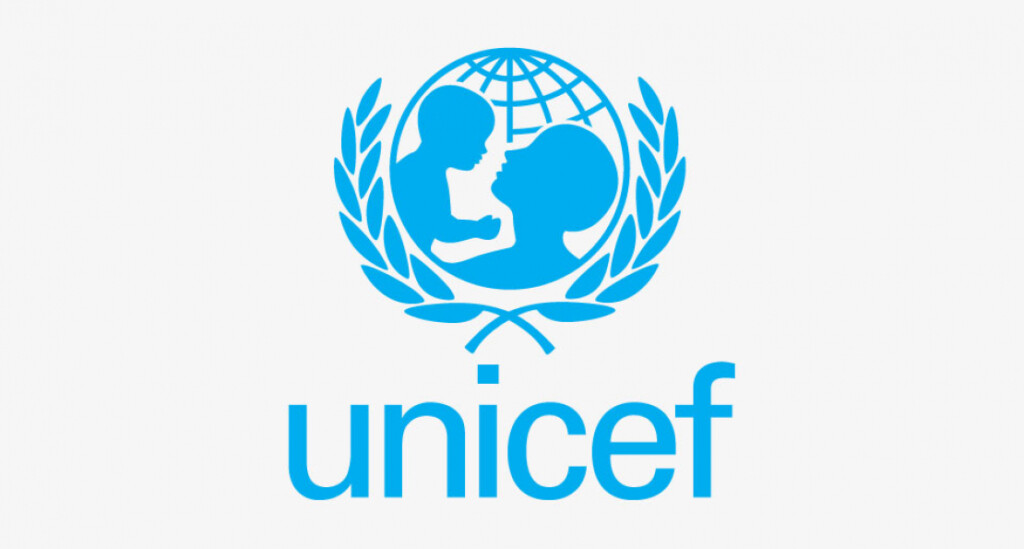The United Nations Children’s Fund (UNICEF) has condemned the recent abduction of female students in Kebbi State, stressing that no child should ever be endangered while pursuing an education. “No child should be put at risk while pursuing an education,” UNICEF said in a statement on Tuesday, emphasizing that classrooms must remain places of safety, not fear.
Local reports indicate that one of the abducted girls managed to escape and is now safe, while another student who was not taken fled during the chaos.
During the daily noon briefing in New York, Deputy UN Spokesperson Farhan Haq called for the immediate and unconditional release of all abducted students. UNICEF also extended condolences to the families affected, expressed solidarity with the entire community, and wished the injured a full recovery.
The agency underscored that students, teachers, and educational facilities must be protected from all forms of violence in accordance with international humanitarian and human rights law. It urged Nigerian authorities to ensure full accountability for the perpetrators, in line with both national and international standards.
UNICEF recalled that Nigeria endorsed the Safe Schools Declaration in 2015, committing to safeguard the civilian character of education facilities and guarantee safe access to learning during conflict. The Declaration, first launched in Oslo, Norway, seeks to reduce attacks on schools and protect learning environments globally.
Reaffirming its commitment, UNICEF said it continues to work with government partners, civil society, and local communities to strengthen child protection systems and build safer, more inclusive learning spaces across the country. It noted that stronger protective measures are essential to preventing future tragedies.
Highlighting the persistent challenges, UNICEF referenced a 2024 report marking a decade since the Chibok school abduction. The report revealed that only 37 percent of schools across 10 states have early warning mechanisms to detect threats such as violence and armed attacks. The Minimum Standards for Safe Schools (MSSS) Monitoring Report also exposed wide disparities in school safety across six critical areas: governance, violence prevention, natural hazards, conflict, everyday risks, and infrastructure.
UNICEF stressed that ensuring every Nigerian child can learn without fear remains an urgent and ongoing responsibility. The agency reiterated that education is a fundamental right and insisted that the protection of children, teachers, and school infrastructure must remain a top national and global priority.





